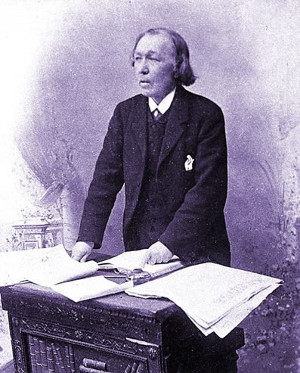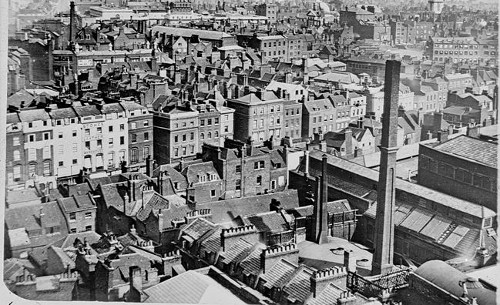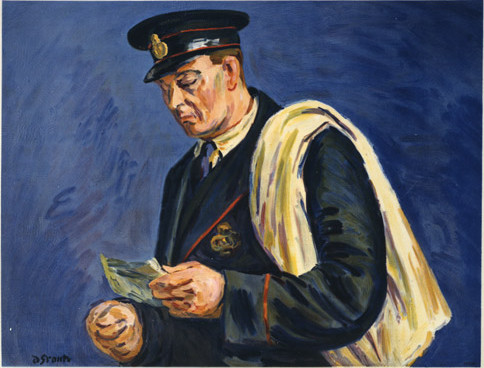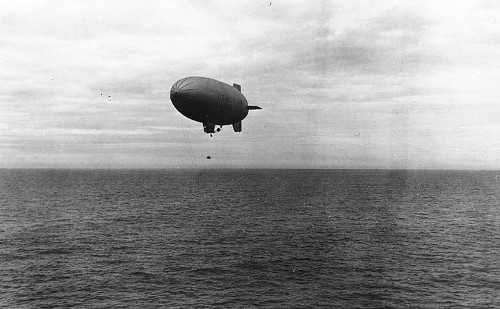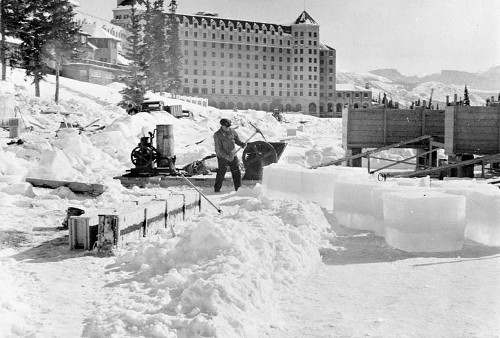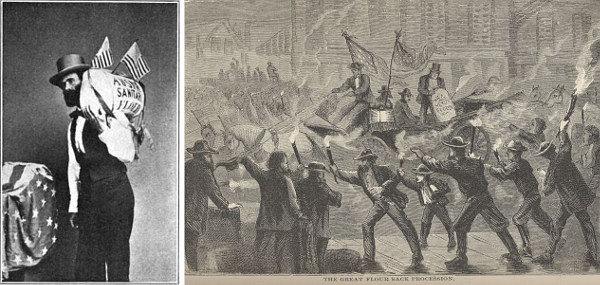On Dec. 1, 1948, a well-dressed corpse appeared on a beach in South Australia. Despite 66 years of investigation, no one has ever been able to establish who the man was, how he came to be there, or even how he died.
In this episode of the Futility Closet podcast we’ll delve into the mystery of the Somerton man, a fascinating tale that involves secret codes, a love triangle, and the Rubaiyat of Omar Khayyam. We’ll also hear Franklin Adams praise the thesaurus and puzzle over some surprising consequences of firing a gun.

